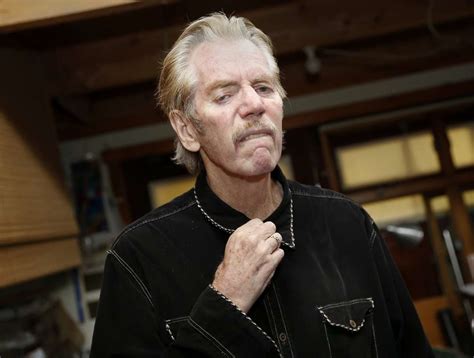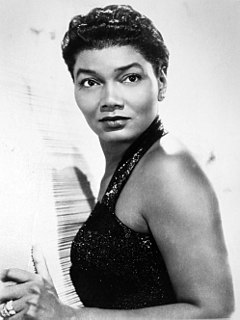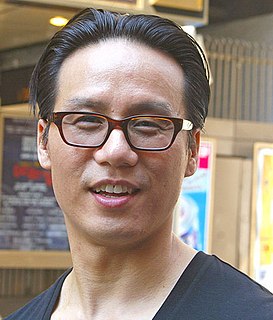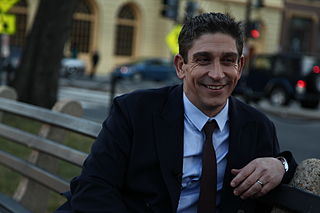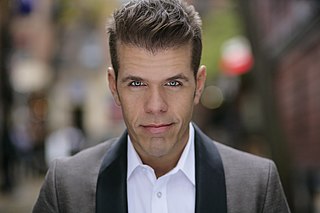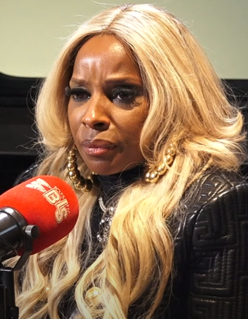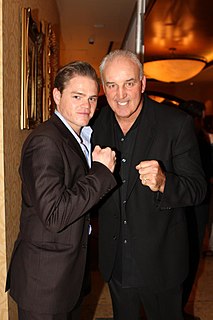A Quote by Audrey Niffenegger
It's funny how we like labels. If I ever have a bookstore, I'm not going to put any labels on the sections.
Related Quotes
I get kind of, um, bored by all the sexuality and gender labels because I feel like that's where the problem comes in, when people feel that they need to have these particular identities. If you didn't have these labels, and you just acted on how you genuinely felt at any point, then you wouldn't have anything to contend with.
I have a fear of labels. If someone labels me, I have to respond - do I acknowledge it, reject it, deny it, live up to it, and defy it? Labels can affect your ability to be yourself. If you're not careful, like I wasn't when I was young, that can take a toll on you. You find yourself conforming to everyone else's ideas of who you are.
This may sound pernickety but I wouldn't describe myself as an evangelical. These are labels, which I don't think are helpful. If I was going to use any label it would be Christian, and if you push me any further I'd say I'm an Anglican - that's the family of the Church that I belong to. There's nothing wrong with any of the other labels, but if you have any of them I want them all. If you're going to say, 'I'm Catholic, liberal, evangelical...' let's have them all.

